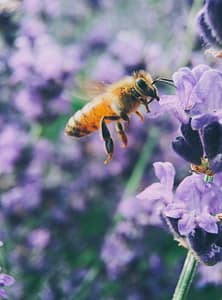The average human can accurately assess and judge the level of biological diversity in a natural setting. Findings from the German Center for Integrative Biodiversity Research reflects on how visual and auditory cues are remarkable tools that most people maintain. John Jaeger, North Babylon Independent Environmental Researcher, discusses:

British Ecological Society: Perceived Biodiversity
Did you know that the greatest tools of all for assessing the biodiversity of a natural setting are common among most people? According to recent scientific research published in the British Ecological Society journal, people’s intuitive perception of biodiversity is remarkably accurate through visual and audio cues. Without any formal education or even reference material, the average person can assess just how biodiverse an area is — even if the technical knowledge is not something stored within their repertoire.
iDIV, UFZ, Friedrich Schiller Research Collaboration
The information from this study has been pulled from a study conducted with the German Centre for Integrative Biodiversity Research (iDIV) in collaboration with the Helmholtz Centre for Environmental Research (UFZ) and the Friedrich Schiller University Jena. All participants in the study lacked structured ecological training. Each participant was presented with images and audio recordings of forest patches throughout Germany, Belgium and Poland. They were asked both simple and complex questions about each natural habitat: including bird species richness, variety of tree species, structures and more. The responses aligned with findings from formal researchers in biodiversity and biological conservation.
